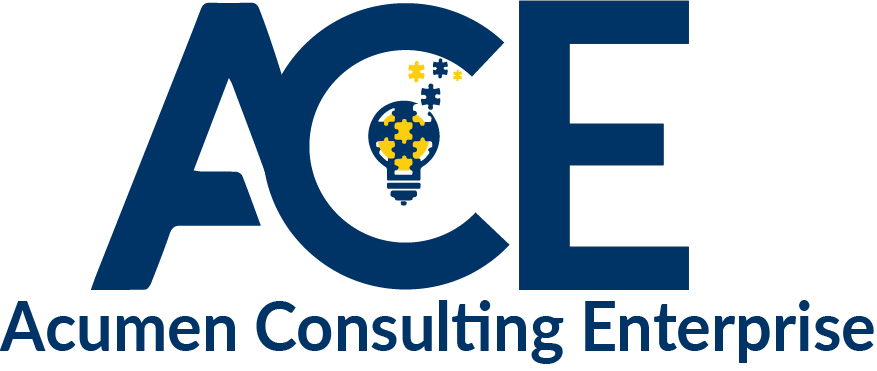
Supply Chain Consulting
(Warehousing and Logistics)
Supply Chain consulting aims to enhance the efficiency, effectiveness, and adaptability of a company’s supply chain. This encompasses the entire process from raw material sourcing to product delivery to the end customer. Consultants provide strategic advice, implement solutions, and ensure alignment of supply chain operations with business goals.
Supply Chain consulting involves the analysis and optimization of the various components of a supply chain, including procurement, production, distribution, and logistics. The primary goal is to improve overall performance, reduce costs, and enhance customer satisfaction
Core Services of Supply Chain Consulting
Strategic Planning: Develop long-term supply chain strategies that align with the company’s business objectives. This includes setting goals for cost reduction, efficiency improvements, and customer service enhancements.
Network Design: Optimize the supply chain network by determining the best locations for manufacturing plants, warehouses, and distribution centers. This involves balancing costs, service levels, and risk.
Risk Management: Identify potential risks in the supply chain, such as supplier disruptions or transportation delays, and develop strategies to mitigate these risks.
Process Mapping and Analysis: Map out current supply chain processes to identify inefficiencies and areas for improvement. This helps in understanding the flow of materials and information and spotting bottlenecks.
Lean and Six Sigma: Apply Lean principles to eliminate waste and Six Sigma methodologies to reduce process variation and defects, improving overall quality and efficiency.
Technology Integration: Implement advanced technologies like the Internet of Things (IoT), artificial intelligence (AI), and blockchain to enhance supply chain visibility, traceability, and efficiency.
Supplier Management: Develop strategies for selecting, managing, and evaluating suppliers to ensure they meet quality standards and cost objectives.
Strategic Sourcing: Identify and evaluate the best sourcing options globally or locally to secure favorable pricing and terms.
Spend Analysis: Analyze procurement spend data to uncover savings opportunities and improve purchasing decisions.
Logistics Optimization: Optimize transportation and logistics operations to reduce costs, improve delivery times, and enhance reliability.
Warehouse Management: Improve warehouse operations through better layout design, inventory management practices, and automation technologies.
Distribution Strategy: Develop and implement effective distribution strategies to ensure timely and cost-effective delivery of products to customers.
Demand Forecasting: Use advanced forecasting techniques to predict customer demand and align inventory levels accordingly, reducing stockouts and excess inventory.
Inventory Optimization: Implement strategies to maintain optimal inventory levels, balancing carrying costs and service levels.
Inventory Control Systems: Deploy systems that provide real-time visibility and control over inventory, helping to manage stock more effectively.
Stakeholder Engagement: Work closely with stakeholders to secure buy-in and support for supply chain improvement initiatives.
Training Programs: Offer training to employees on new processes, technologies, and best practices to ensure successful implementation.
Change Management: Develop comprehensive change management plans to facilitate smooth transitions and minimize disruption during the implementation of new strategies and technologies.
Predictive Analytics: Use data analytics to forecast demand, optimize inventory, and improve decision-making processes.
Simulation Modeling: Create simulations of supply chain scenarios to test various strategies and their potential outcomes.
Data Visualization: Utilize visualization tools to present complex data in an understandable and actionable format.
ERP Systems: Implement and optimize Enterprise Resource Planning systems for integrated supply chain management, providing a unified view of operations.
Supply Chain Management Software: Use specialized software to enhance supply chain planning, execution, and monitoring.
IoT and Automation: Integrate IoT devices and automation technologies to increase supply chain visibility, efficiency, and responsiveness.
Monitoring and Sustaining: Continuously monitor performance to ensure that improvements are sustained, and Use feedback loops to make necessary adjustments and improvements.
Benefits of Supply Chain Consulting
Cost Reduction: Achieve significant cost savings through optimized processes, reduced waste, and efficient resource utilization.
Improved Efficiency: Enhance operational efficiency by streamlining processes and eliminating bottlenecks.
Better Risk Management: Identify and mitigate risks to ensure supply chain resilience and continuity.
Enhanced Customer Satisfaction: Improve product availability, delivery times, and service quality to meet customer expectations.
Increased Agility: Develop a more agile supply chain that can quickly adapt to market changes and disruptions.
Sustainability: Implement sustainable practices to reduce environmental impact and improve corporate social responsibility.
ACE (Acumen Consulting Enterprise) offers a comprehensive approach to optimizing supply chain operations. By leveraging strategic planning, process improvement, technology integration, and change management, we help organizations achieve significant improvements in cost efficiency, operational performance, and customer satisfaction. This results in a more resilient, agile, and sustainable supply chain capable of meeting the challenges of today’s dynamic business environment.

